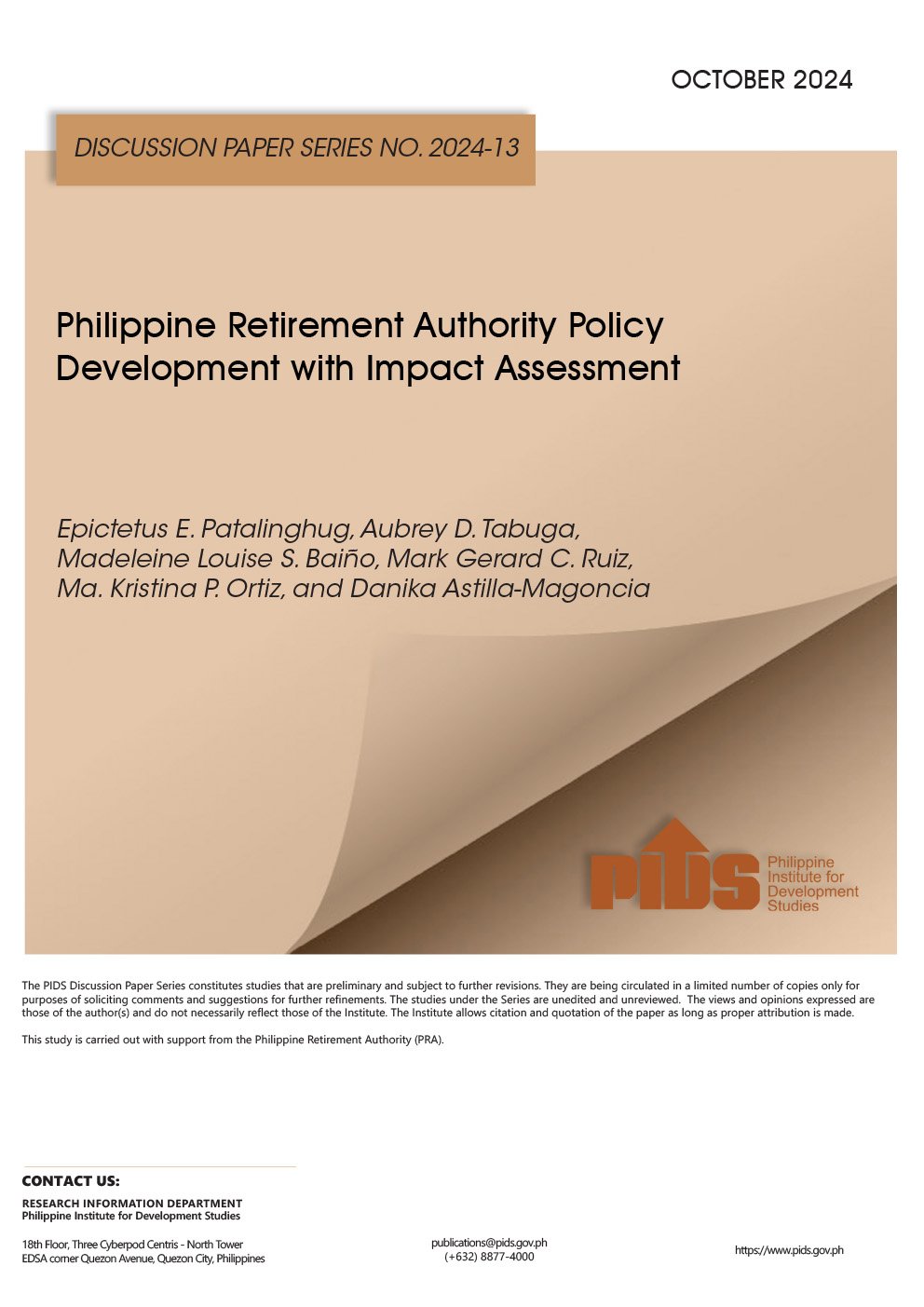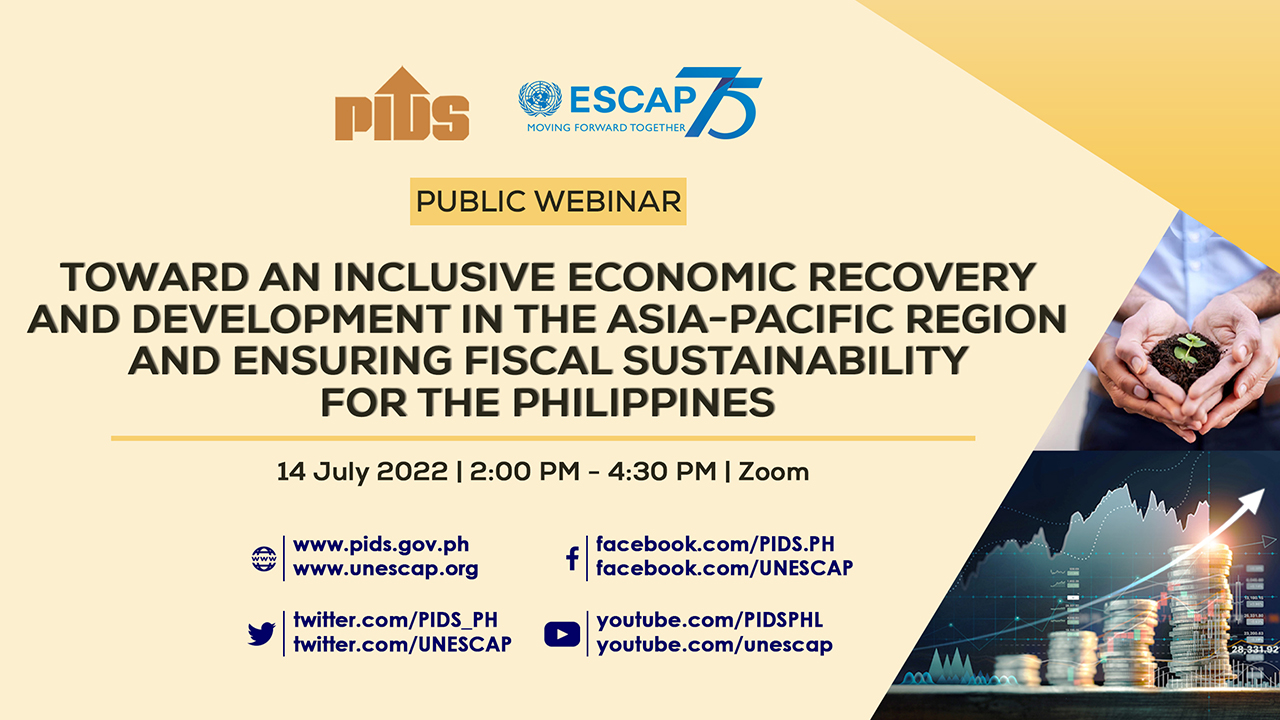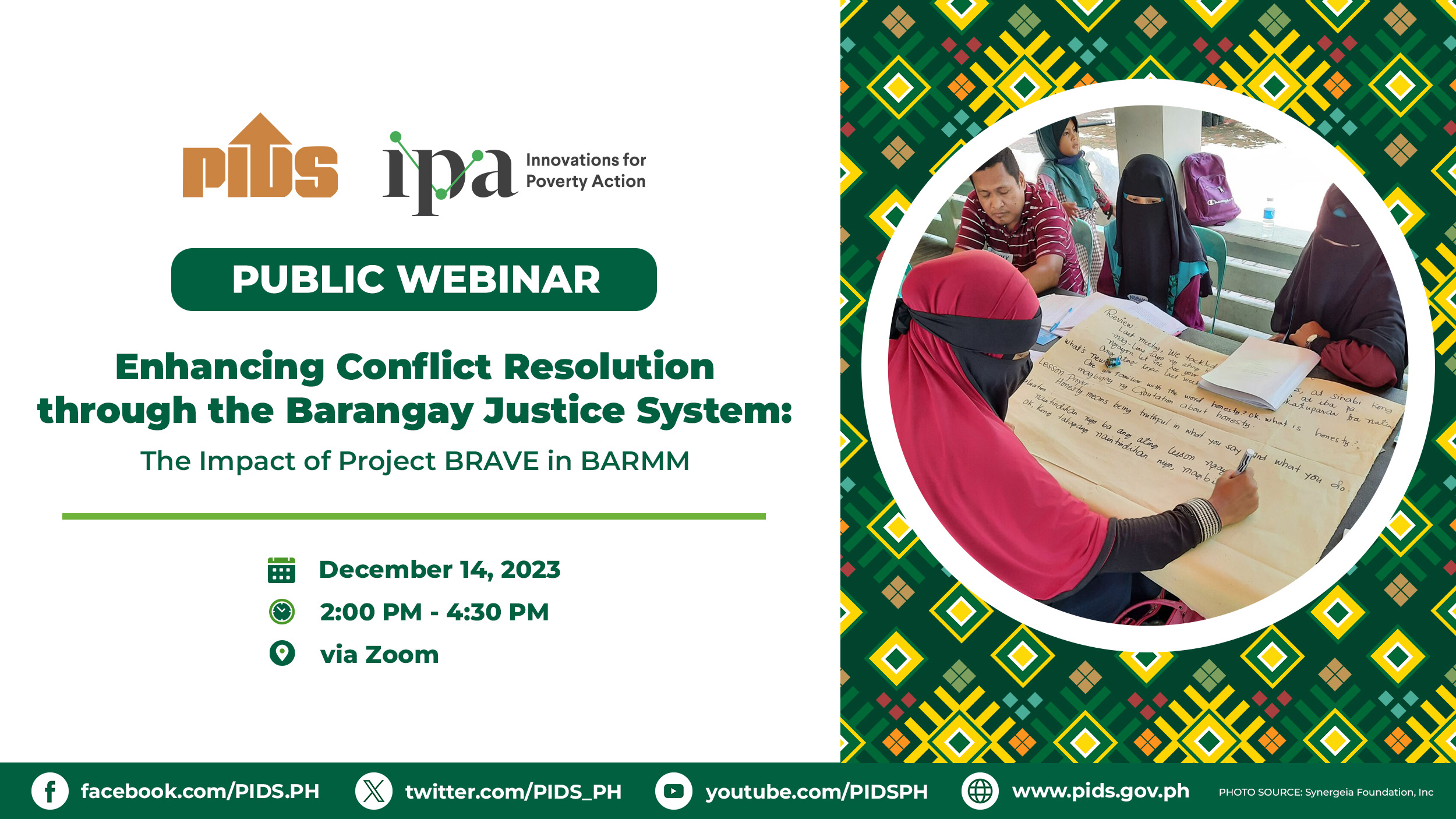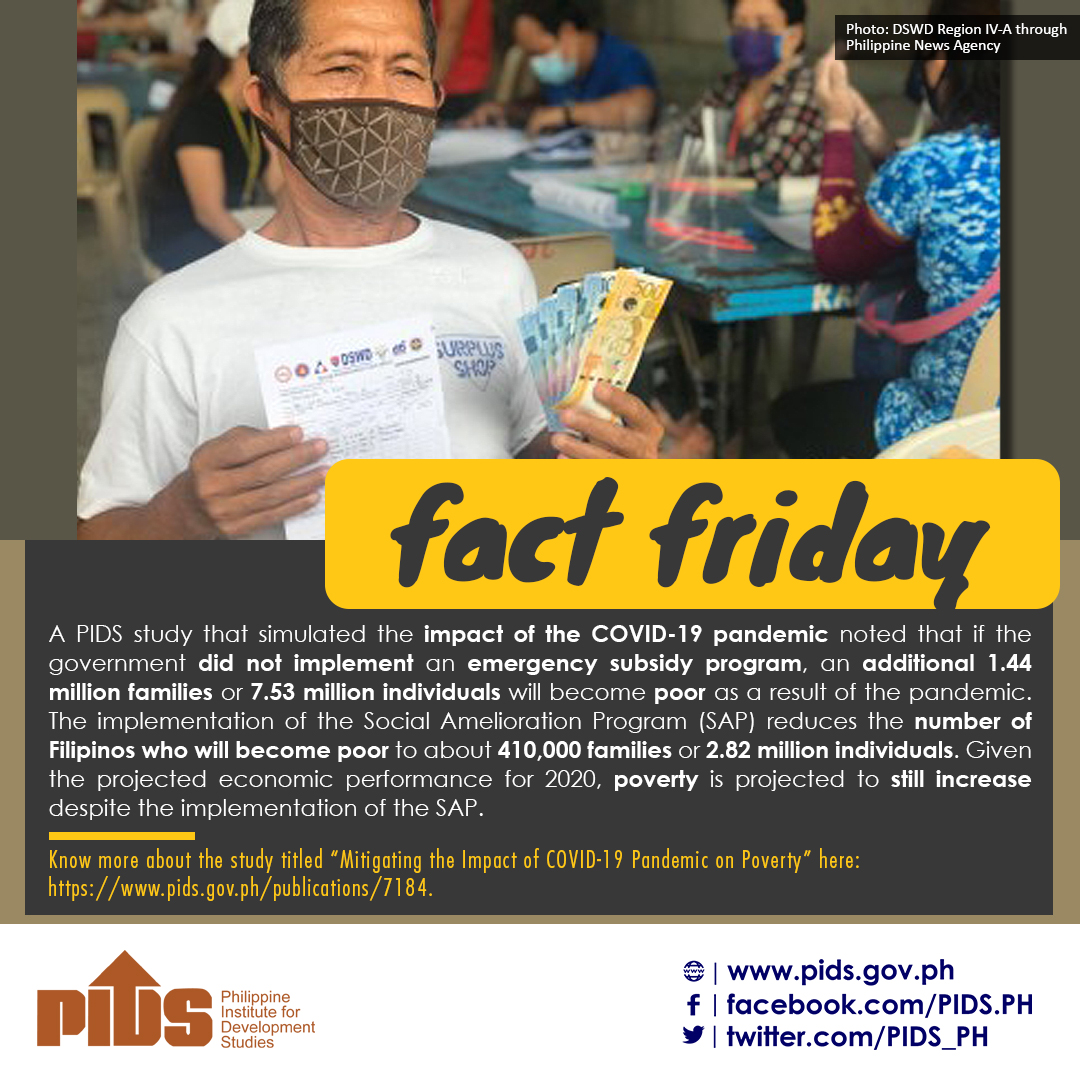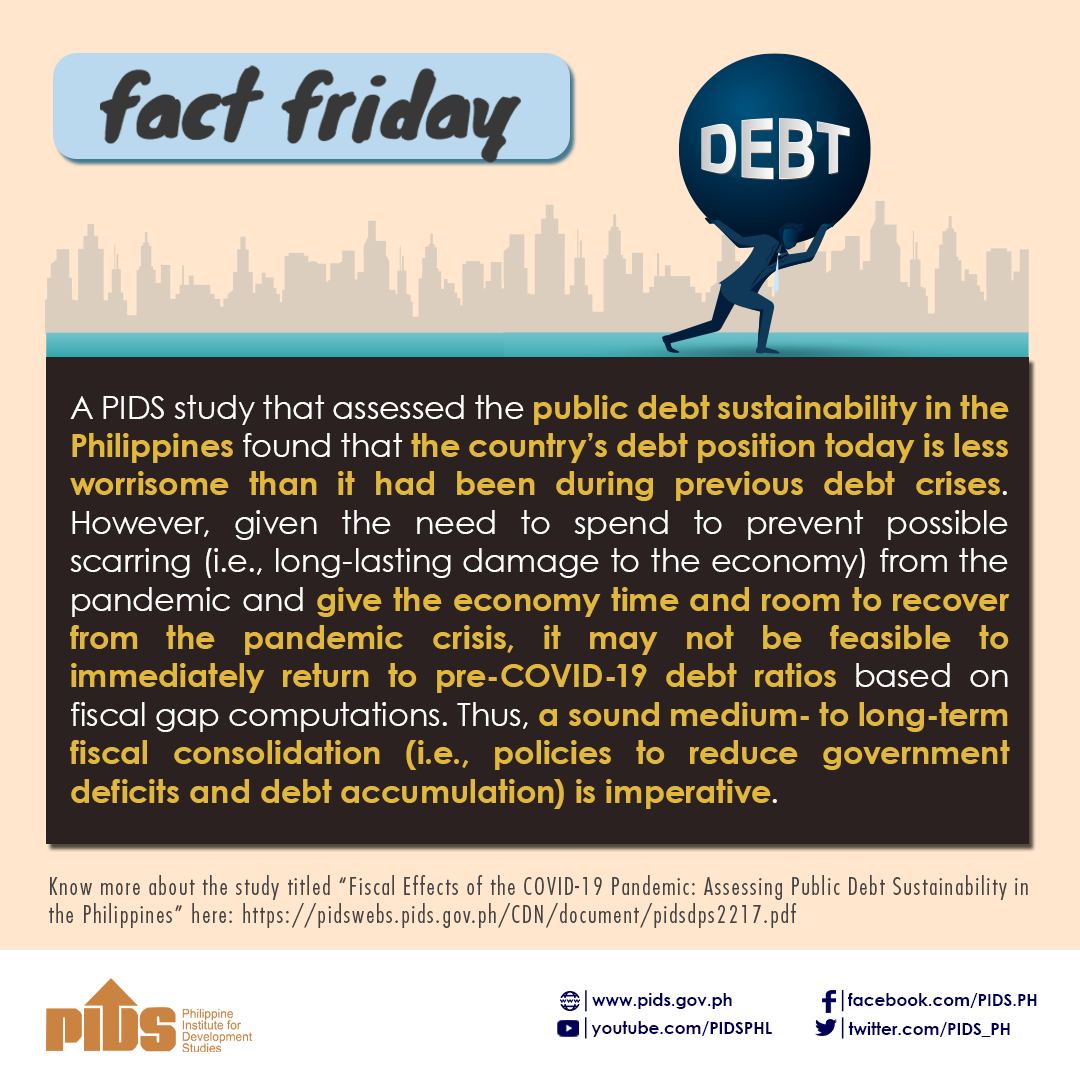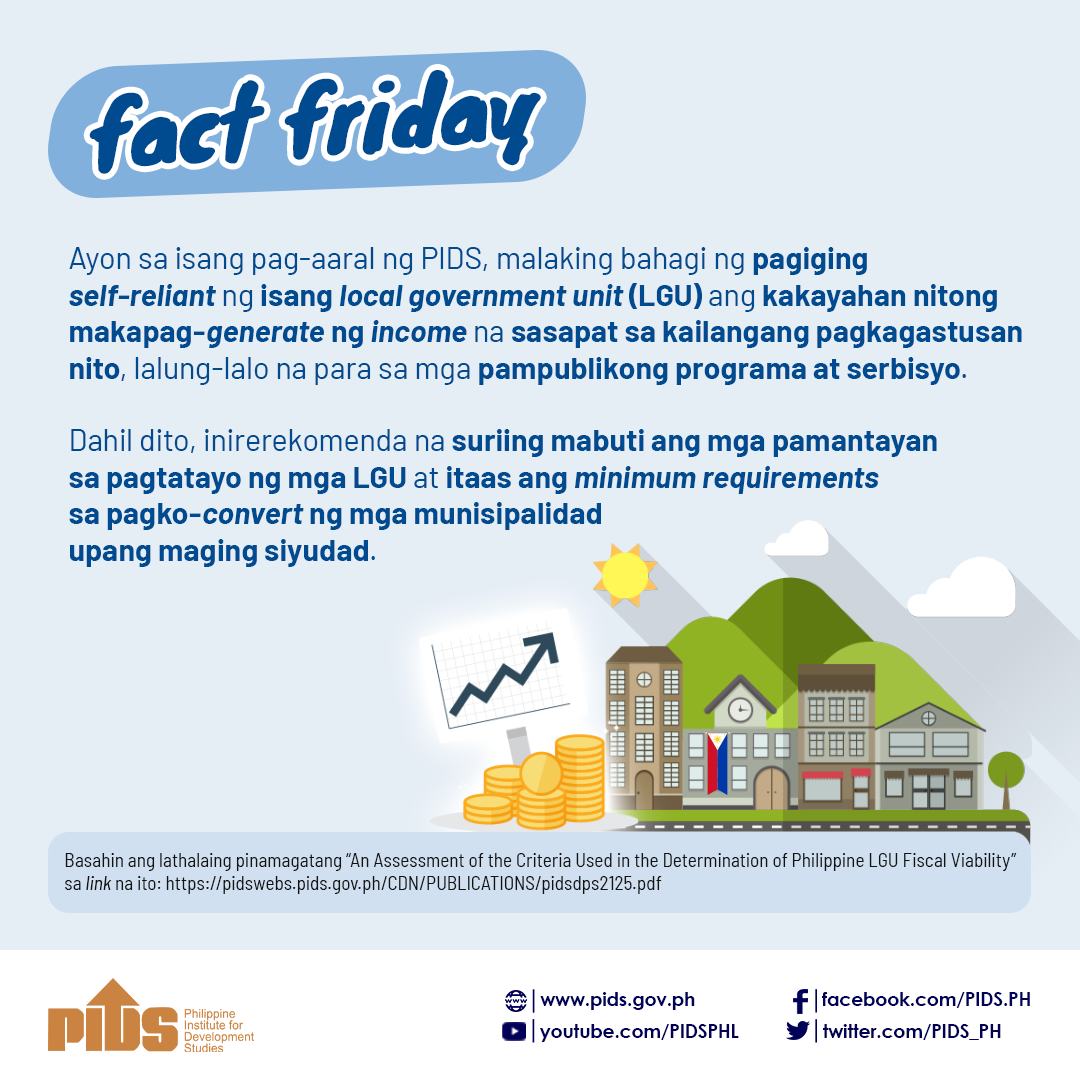THE country will have “some gains, some losses” in the assignment of taxing powers under the proposed draft federal constitution of the President’s Consultative Committee (Con-com), a fiscal expert said on Tuesday.
Dr. Rosario G. Manasan, senior research fellow at Philippine Institute for Development Studies (PIDS), told a joint Senate committee hearing on the proposal to amend the 1987 Constitution on Tuesday that one of the “losses” include transferring the power to collect and levy documentary stamp tax from the national government to the proposed federated regions.
“Right now, it has a big value of P80 billion but the question in fact is this—is this something that we want to reduce prospectively? Because it is a bad tax from the perspective of encouraging business investments, capital market development because of the volume of trade,” Manasan said.
She agreed, though, with the Con-com decision to give to the regional government the power to levy and collect road users’ tax (13.4 billion), vehicle registration fees (P684 million), and transport franchise tax (P104 million). At present these taxes are levied by the national government.
However, she also stressed that the draft constitution was silent about the local business tax, which amounts to P70 billion. Under the 1991 Local Government Code, local government units have the power to levy local business tax, among others.
Manasan said the proposed draft constitution also suffered from “lack of clarity” in terms of its assignment of functional responsibilities since the provisions introduce ambiguity in expenditure assignment because there is no list of shared powers unlike other constitutions.
“Article XII Section 4 talks of shared powers. Article XII Section 5 talks of reserved powers being given to the federal government but taken together you don’t know what are shared and what are reserved because there is no list of shared powers. In constitutions of other countries, when they talk of reserved powers, they have a list. India has a list. Malaysia has a list of shared powers,” she said.
Manasan also questioned the basis for the Con-com’s provision that the federated regions shall have a share of not less than 50 percent of all collected income taxes, excise taxes, value-added taxes and customs duties which shall be equally divided among them and automatically released.
It is not clear, she noted, whether the 50-percent share of federated regions in these top revenue sources of the government can ensure a balance between the financial requirements of functional assignments and the taxing power, given the ambiguity in expenditure assignment.
“Is 50 percent the right amount? Why are we giving these transfers,” she said, as she noted that the reason for giving these transfers is the assignment of functions which goes with some of cost of delivery. “You want to give them transfers to fill in the gap but if you don’t know exactly what those functions are because there is ambiguity, then how do you know how much should the transfers be?”
She thinks that it might not be a reasonable or fair way to equally divide the 50-percent share from the collections of top revenue sources among federated regions. “I mean, if you are thinking of service delivery, service delivery is tied to population so some [regions] will need more than their just equal share,” she said.
Though she affirmed that the equalization fund is “very important,” she disagreed with the Con-com’s principle behind the design of the equalization fund, which is financial viability and economic sustainability. According to the proposed Charter, the equalization fund is equivalent to 3 percent of the annual General Appropriations Act.
Bureaucratic cost: P55 billion
Manasan noted that the additional bureaucratic cost of shifting to the federal system is now at least P55 billion—equivalent to the incremental revenue of the first package of the tax-reform law.
Asked by Sen. Francis “Kiko” N. Pangilinan where this money will come from, she said the bottomline is it will come from taxpayers.
This cost, she said, was computed based on the salaries of governors, vice governors, senators and their staff, legislators of regional governments and their staff and their operating expenses, and salaries of additional members of Judiciary at the regional government level, as well as operating expenses of their offices.
Excluded from the cost estimates are the expenses for new buildings to be put up once the country shifts to a federal form of government, as well as the cost of regional operations of the departments which will prospectively be regionalized, and the additional members of House of Representatives.
No Senate consensus
MEANWHILE, senators, even after taking turns on Tuesday grilling members of the Palace-appointed Consultative Committee tasked to draft the proposed Federal Constitution, have yet to forge a consensus to fast-track passage of an enabling law that will pave the way for Charter changes favored by the Duterte administration.
This, even as the Dean of the Ateneo School of Government, Dr. Ronald Mendoza, informed senators at the joint hearing that a recent survey showed 64 percent of Filipinos are not keen on changing the 1987 Charter.
The senators were told that Filipinos are also wary over plans to convene Congress as a Constituent Assembly to amend the Charter because “the majority of its members come from political dynasties” such that “the risk of capture is too great.”
Interviewed before the hearing, former Senate President Aquilino Q. Pimentel Jr., who sits on the Consultative Committee, assured senators that the Con-com sees the need for a clear provision that the Senate and the House will be voting separately on Charter changes to be endorsed by the Con-com. “Otherwise, the 200 House members will deluge the Senate if voting jointly.”
Asked by Sen. Paolo Benigno A. Aquino IV if the House “can do it alone,” referring to the proposed Charter changes, former Pimentel Jr. replied “that is only Speaker [Pantaleon] Alvarez’s position,” adding that “the law states separate voting” by the Senate and the House of Representatives.
In the same hearing, the senators were warned that the proposed Charter changes submitted by the Con-com was “tailor-made for Duterte…because the Con-com explicitly failed to ban Duterte from enjoying a double bonanza to run and serve as transition president.”
The Senate committee members were likewise alerted that the plebiscite to ratify the proposed Charter changes “will compete with the noise of local elections” and drawn out Charter-change debates. “Piggybacking the Charter-change plebiscite will be a sheer folly as only a few Filipinos will be informed of the Charter-change issues.”
This, even as the Dean of the Ateneo School of Government, Dr. Ronald Mendoza, informed senators at the joint hearing that a recent survey showed 64 percent of Filipinos are not keen on changing the 1987 Charter.
The senators were told that Filipinos are also wary over plans to convene Congress as a Constituent Assembly to amend the Charter because “the majority of its members come from political dynasties” such that “the risk of capture is too great.”
Interviewed before the hearing, former Senate President Aquilino Q. Pimentel Jr., who sits on the Consultative Committee, assured senators that the Con-com sees the need for a clear provision that the Senate and the House will be voting separately on Charter changes to be endorsed by the Con-com. “Otherwise, the 200 House members will deluge the Senate if voting jointly.”
Asked by Sen. Paolo Benigno A. Aquino IV if the House “can do it alone,” referring to the proposed Charter changes, former Pimentel Jr. replied “that is only Speaker [Pantaleon] Alvarez’s position,” adding that “the law states separate voting” by the Senate and the House of Representatives.
In the same hearing, the senators were warned that the proposed Charter changes submitted by the Con-com was “tailor-made for Duterte…because the Con-com explicitly failed to ban Duterte from enjoying a double bonanza to run and serve as transition president.”
The Senate committee members were likewise alerted that the plebiscite to ratify the proposed Charter changes “will compete with the noise of local elections” and drawn out Charter-change debates. “Piggybacking the Charter-change plebiscite will be a sheer folly as only a few Filipinos will be informed of the Charter-change issues.


